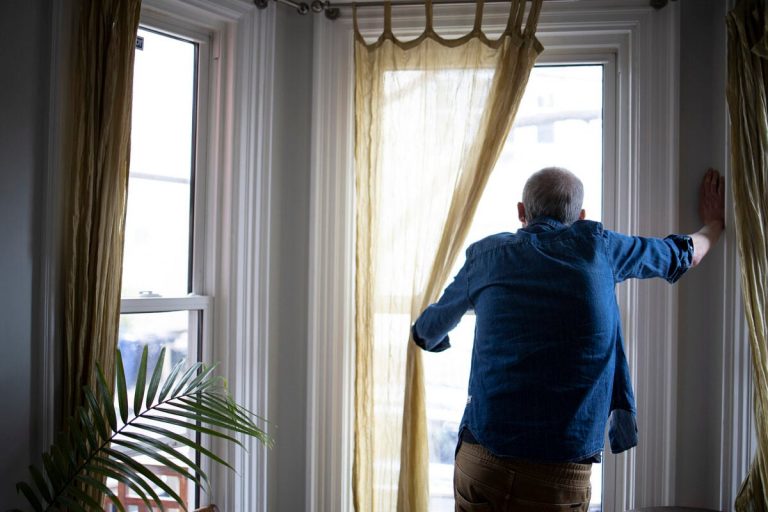This is part of our Coronavirus Update series in which Harvard specialists in epidemiology, infectious disease, economics, politics, and other disciplines offer insights into what the latest developments in the COVID-19 outbreak may bring.
As the COVID-19 crisis has hammered America, its citizens have responded with the turtle defense. Encouraged by government stricture and rapidly evolving social norms, we’ve pulled heads, arms, and legs inside our shells, drawing away from potentially infected others, with the salutary side effect — should we be the sick ones — of also being unable to infect them.
But as we pull away, rising loneliness appears to be among a host of mental health impacts that are inevitable side effects. A Kaiser Family Foundation poll from late March showed that 45 percent of those surveyed reported mental health effects from the crisis, with 19 percent reporting a “major” impact. While social distancing’s physical isolation can enhance feelings of loneliness, experts also caution that isolation and loneliness are not the same thing. They also say, however, that there are things we can do to ease it, some of which may even help others.
“The experience of loneliness is 100 percent subjective,” said Jeremy Nobel of the Center for Primary Care at Harvard Medical School and adjunct faculty in the Department of Health Policy and Management at the Harvard T.H. Chan School of Public Health, where he teaches a course on loneliness and public health. “Isolation is the objective state of being physically separate. Loneliness is the self-perceived gap between our social connectedness and that which we aspire to have.”
While loneliness itself is not considered a mental illness, Nobel said it is a risk factor for depression, suicide, and addiction. He put its ill health effects on a par with smoking and obesity and said its physiological impacts include increased inflammation — which has been implicated in negative health consequences — and decreased immune response, both potentially important during pandemic times.
Karestan Koenen, a Harvard Chan School psychiatric epidemiologist and expert in the mental health impacts of trauma, said the pandemic’s loneliness-inducing effects may be particularly acute for those who lived alone even before the coronavirus hit.
“Loneliness is a big concern, especially for people already isolated,” she said. “We know it’s toxic to health, not just mental health but physical health.”
Robert Waldinger, professor of psychiatry at Harvard Medical School and Massachusetts General Hospital and head of the long-running Harvard Study of Adult Development, agreed that loneliness can impact health and warned that pre-existing conditions can further hamper one’s ability to get out and connect with others.



